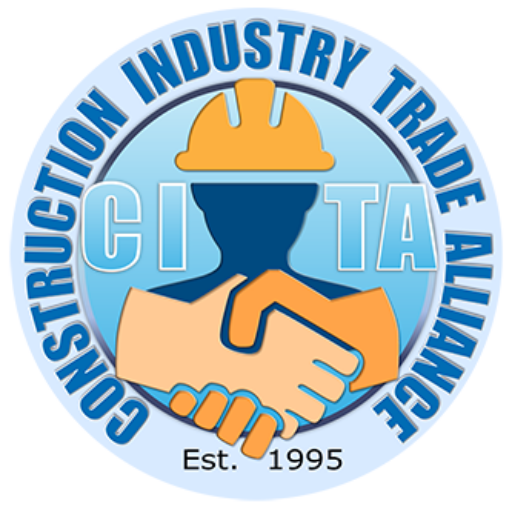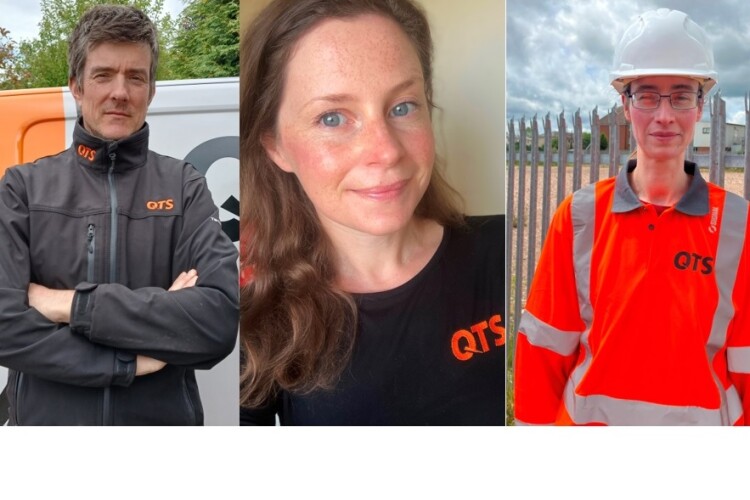This post was originally published on this site
https://www.theconstructionindex.co.uk/assets/news_articles/2025/07/1753337789_campuzano-simmons-hunt.jpgRail contractor QTS Group, part of the Renew group, has recruited a trio of ecologists to reduce its dependence on outside consultants.
The initiative is expected to streamline the company’s compliance with environmental legislation and improving biodiversity on its projects.
Previously, QTS outsourced all ecological assessments to external consultancies. However, increasing delays due to a limited pool of railway-trained ecologists prompted the company to invest in a permanent, in-house team.
Andrew Campuzano has been appointed as lead ecologist, joining from environmental consultant Ecus. He has previously worked for Network Rail, VolkerRail and Jarvis Rail. Based in the northwest and central region, he is one of only a handful of professionals in England to hold a CL35 badger licence. This specialist qualification allows QTS to secure ecological permissions and start works more rapidly than when relying on external consultants.
Helen Simmons has joined from Cairn Ecology as senior ecologist, leading ecological work across Scotland.

Kate Hunt joins the business as ecologist and will support projects across the Wales and southwestern region.
The ecologists are already engaged in critical projects, including emergency work on badger-affected railway lines, work enabled by QTS’s capacity to secure licences in a fraction of the time typically required by external providers.
The team’s formation also supports Network Rail’s long-term ambition to achieve a 4% biodiversity net gain across its estate. With in-house specialists, QTS boasts that it can now guide environmental enhancements from survey through to implementation, including initiatives like wildflower planting, habitat pile creation and installation of bumblebee houses.
QTS plans to expand its ecology team in the coming months.
Cameron Couston, environmental and sustainability manager at QTS Group, said: “Creating an internal ecology team allows us to work smarter and faster. It means we can provide a more responsive service, ensure legal compliance, and contribute meaningfully to biodiversity net gain across the rail network. This team brings a wealth of knowledge and hands-on expertise that’s already proving invaluable.”
Got a story? Email [email protected]


